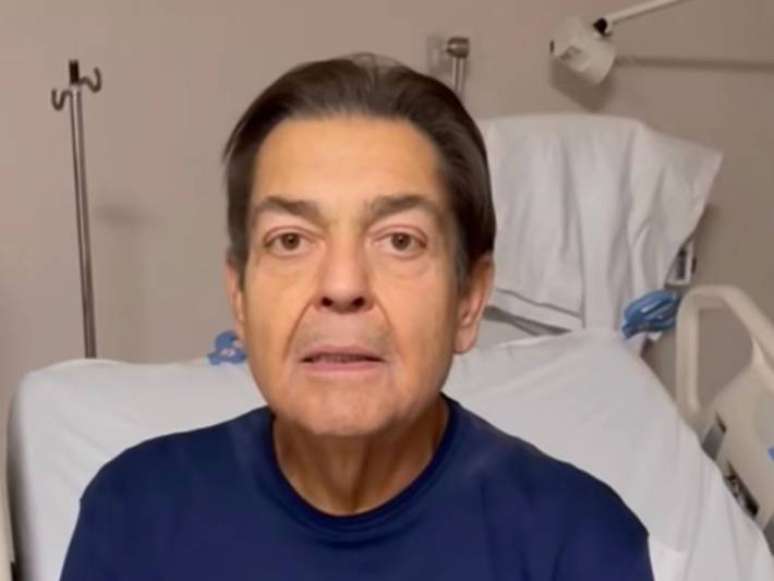The government has increased the number of facilities qualified to perform transplants in the country; The theme gained strength after the case of the presenter Faustão
The number of organ transplants from January to August 2023 grew by approximately 11.6% compared to the same period in 2022. Data from the Ministry of Health, released on Thursday 28, show that 5,914 were carried out in this period of 2023 transplants compared to 5,300 in 2022.
Considering the total number of transplants performed in the country, which includes corneal and bone marrow surgeries, from January to August this year there was a 9.5% increase in the number of surgeries compared to 2022. According to the chart, This year, 18,461 transplants were performed, up from 16,848 last year.
Statistics also show a growth in the number of actual organ donors. As of August 2023, there were around 2,435 people, compared to 2,310 last year. According to the Minister of Health, Nísia Trindade, the number of actual donors in the first half of this year compared to previous years was the highest recorded in the last 10 years. Today the country has 40,371 people queuing for an agency.
The state with the highest number of actual organ donors in the first half of this year was Paraná, with a rate of 42.5 donors per million people. The index is well above the average recorded in Brazil: 19. Two states recorded an effective donor rate of 0: Amapá and Roraima.
“We are working at the Ministry of Health for integrated care to avoid as much as possible that people need to donate an organ. This passes through primary care, through all care at the right time. We know that, in many cases, it is There is no other path other than transplants possible, but I wanted to underline our commitment to an integral vision of health”, stated the minister. “Even today we face an important challenge, namely the aging of the population and the increase in chronic diseases.”
The Ministry of Health has also increased the number of establishments authorized to perform transplants in the country. The authorization of services of this type has more than doubled, from 31 last year to 64 in 2023. Brazil currently has a total of 1,198 accredited services.
The argument has gained strength in recent months, following the case of presenter Fausto Silva, known as Faustão, who joined the transplant queue and received a heart at the end of August. In Brazil there is only one queue, regardless of whether the patient receives treatment in the public or private network. Faustão recorded a video for the Ministry of Health to encourage organ donation.
“I am here once again to thank many people for their commitment to turning Brazil into the first organ donor in the world,” Faustão says in the video. “Always remember: each person can give life to eight other people. There are eight organs that can be donated.”
The organ with the highest number of transplants performed this year is the kidney (5,846), followed by the liver (2,302), heart (412), pancreas (120) and lung (74).
To select who will receive the donated organ, the Unified Health System (SUS) takes into account several aspects such as the degree of severity of the situation, compatibility, weight, height, among other points. The order in which the person entered the queue is considered decisive.
Source: Terra
Ben Stock is a lifestyle journalist and author at Gossipify. He writes about topics such as health, wellness, travel, food and home decor. He provides practical advice and inspiration to improve well-being, keeps readers up to date with latest lifestyle news and trends, known for his engaging writing style, in-depth analysis and unique perspectives.








